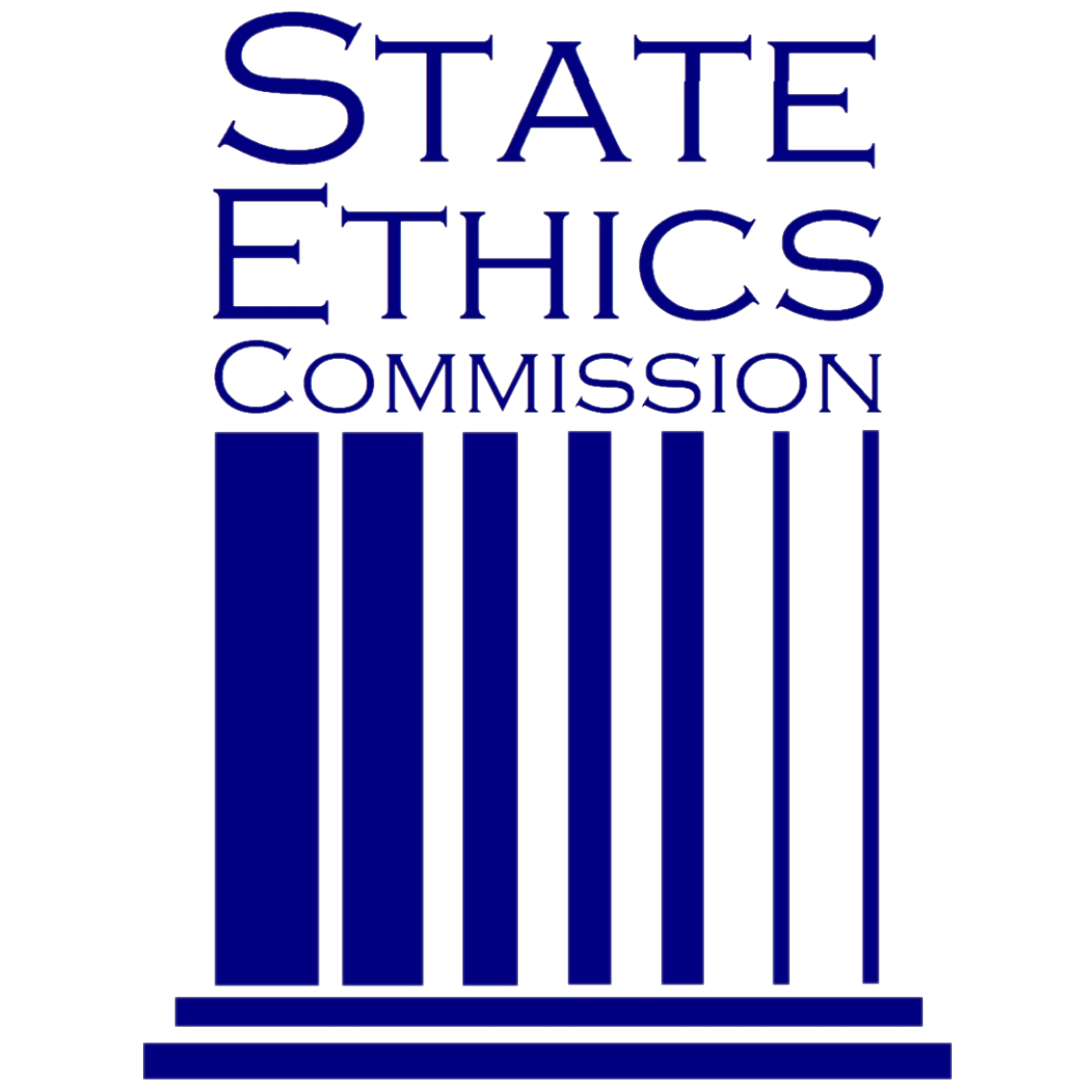- David A. Wilson, Executive Director
Media Contact
Gerry Tuoti, Public Information Officer
Boston, MA — The State Ethics Commission issued a Public Education Letter today to Hampden-Wilbraham Regional School District Superintendent Albert Ganem after finding reasonable cause to believe he violated the conflict of interest law by participating in the hiring of his spouse and daughter to positions in the school district.
According to the Letter, after he was told during the 2020-2021 school year of understaffing at one of the district’s elementary schools, Ganem, as superintendent, directed a subordinate to hire his spouse, a licensed teacher, then approved the hiring. In addition, when a staff member told Ganem of the district’s difficulty recruiting internal staff for the 2020 summer school, Ganem offered to ask his daughter, a licensed special education teacher in another district, if she was interested, and told the staff member she was not obligated to hire his daughter. After Ganem’s daughter contacted the staff member, was interviewed and hired, Ganem approved the hiring, the letter states.
The conflict of interest law prohibits municipal employees from participating in matters in which members of their immediate family have a financial interest. The Commission found reasonable cause to believe Ganem violated this prohibition by as superintendent directing and approving his spouse’s hiring and suggesting and approving his daughter’s hiring. The Commission also found reasonable cause to believe Ganem violated the law’s prohibition against public employees using their official positions to secure valuable unwarranted privileges or benefits for anyone by his actions as superintendent relating to the hirings of his spouse and daughter outside of the district’s established hiring process.
In addition, the conflict of interest law prohibits a public employee from acting in a manner that would cause a reasonable person who knows the relevant facts to believe the employee would be biased or unduly influenced in their official acts. The Commission found reasonable cause to believe Ganem violated this prohibition because a reasonable person knowing the facts stated in the Letter would conclude that Ganem would unduly favor his spouse and daughter in his actions as superintendent, according to the Letter.
The Commission chose to resolve the allegations against Ganem through the Public Education Letter rather than through adjudicatory proceedings because it determined that the public interest would be better served by publicly discussing how the conflict of interest law applies to his alleged actions. The Commission considered that Ganem self-reported the matter to the Commission, that he fully cooperated with the Commission’s investigation, and that Massachusetts public schools faced unprecedented staffing challenges in 2020 due to the COVID-19 pandemic. Ganem agreed to resolve the allegations with the Public Education Letter and waived his right to a hearing before the Commission. The Commission expects that the letter will provide public employees in similar circumstances with a clearer understanding of how to comply with the law.
The Commission encourages public employees to contact the Commission’s Legal Division at 617-371-9500 for free advice if they have any questions regarding how the conflict of interest law may apply to them.
###
